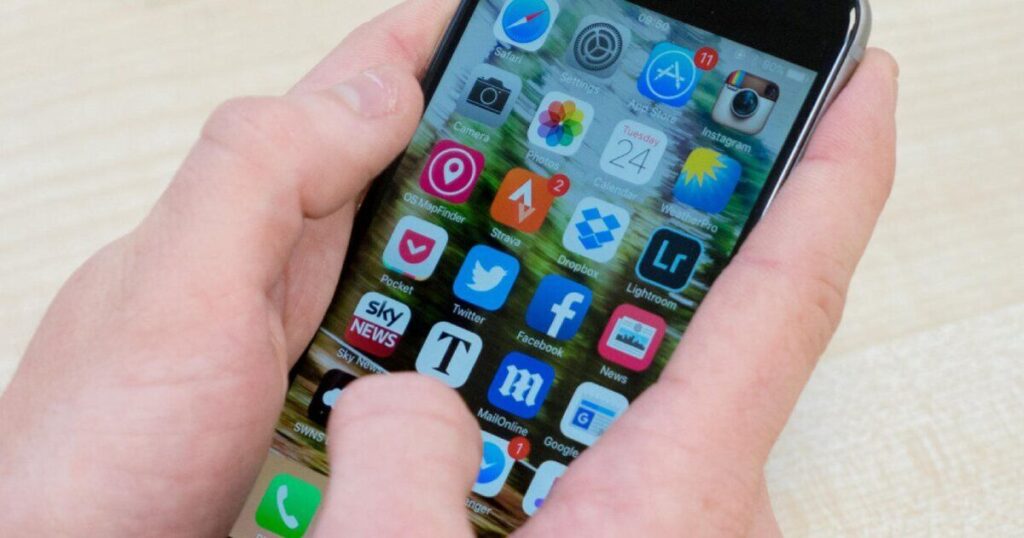
A poll of 2,000 adults found 41% look at their mobiles ‘too much’ – with 54% doing so for three hours or more every day. But 19% feel this is an unfulfilling use of time. As a result, 35% have reduced, or are attempting to reduce, screentime or end it completely.
Other methods to digitally detox and cut back on phone use include practising ‘quiet hobbies’, with the most popular screen-free activities including reading (41%), walking (35%), socialising with friends (24%) and gardening (21%). Some have even turned to playing board games to fill their time instead.
Kellie Wyles from DFS, which commissioned the research, said: “There is certainly more to life than our phones and being more present in the moment is key for improving mental health.
“We live in an era where FOMO is a common part of society, so people are keen to get news and updates as and when they happen – but this can cause them to miss out on valuable downtime.”
The study also found 14% of those who feel they spend excessive time on their phone have done so for more than 11 years. But since reducing their screen time, 71% have noticed their mental health improve.
Better sleep (47%), feeling more present (45%), and calmer (42%) are some of the benefits Brits have noticed since putting their phone down. While 18% have even found they have made less errors since reducing their screentime.
Despite this, 30% admitted they would feel most panicked about losing their phone, over a wallet/purse (23%) and house keys (18%). With worries about banking apps (65%) representing the biggest concern.
It also emerged that 46% of Brits feel life was better before smartphones. To tackle their phone addictions, 13% have introduced digital-free zones in their homes, with another 39% claiming they haven’t yet but would consider introducing one in the future.
Creating a calming environment is also a priority, with over half (54%) opting for comfortable furniture, 35% choosing calming neutral tones, 29% incorporating more houseplants, and 28% enhancing their spaces with mood lighting.
Meanwhile, one in four of those polled, via OnePoll, have a dedicated space for ‘quiet hobbies’, with the most common being a reading nook (48%), closely followed by meditation areas (37%) and a table for board games or puzzles (34%).
DFS took to the streets of London with presenter Lisa Snowdon who invited Brits to take a seat on her sofa and share how they’re switching off from screens.
The video interviews revealed a growing trend of people actively taking steps to digitally detox, from leaving their phones in another room to creating digital-free zones in their homes.
Echoing the research, Lisa discovered that many are embracing simple, grounding activities like walking, cooking and spending quality time with loved ones – all in a bid to reconnect with the present moment and reduce screen time.
Kellie Wyles added: “Quiet hobbies are what keeps us grounded in the moment and appreciating the simple things in life. We can often get carried away with what is going on elsewhere and neglect the beauty of simply taking time out.
“These moments of calm are often best enjoyed in the comfort of our homes so it’s worth investing in creating a space that encourages relaxation, creativity and connection.”
 Latest World Breaking News Online News Portal
Latest World Breaking News Online News Portal






